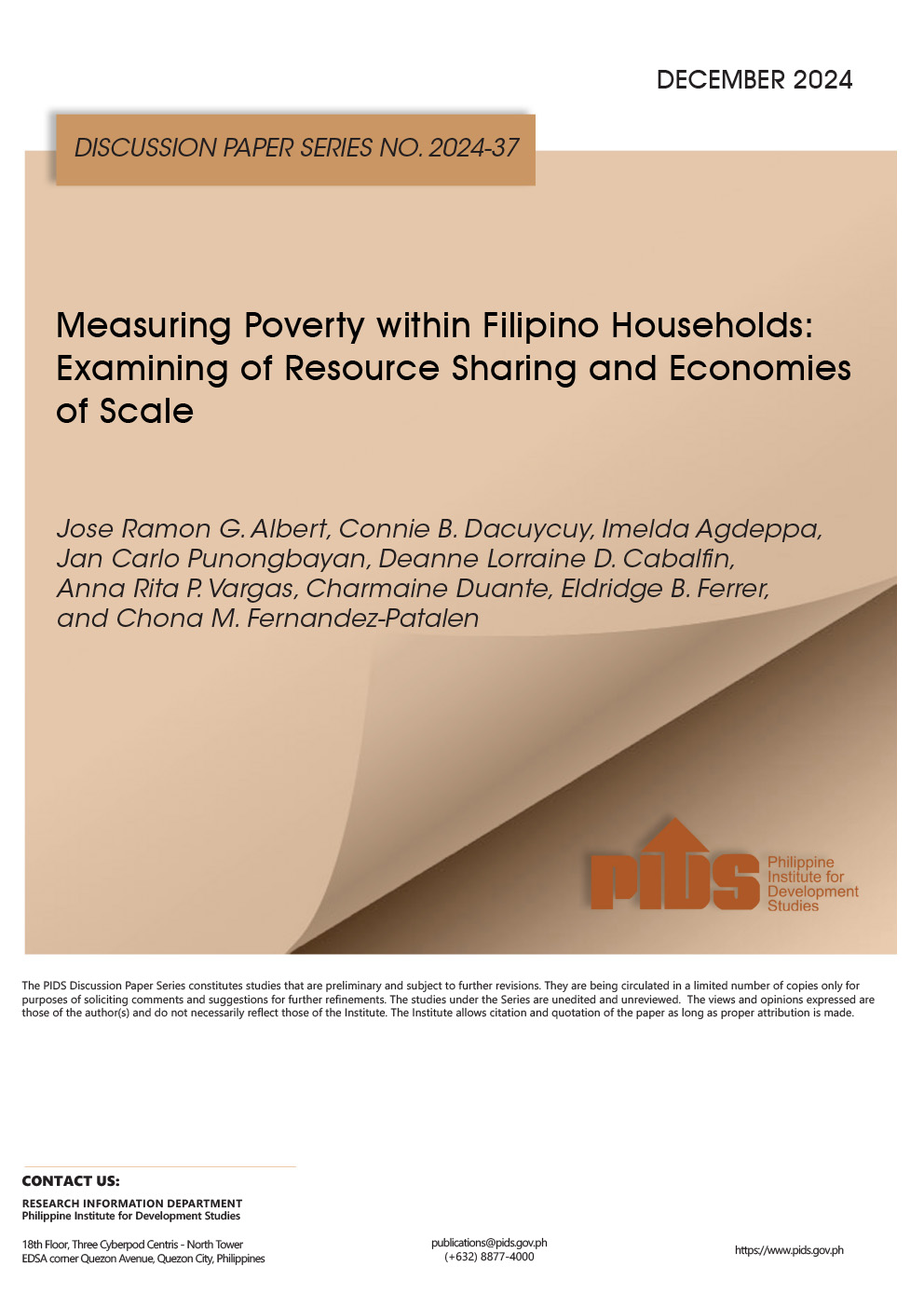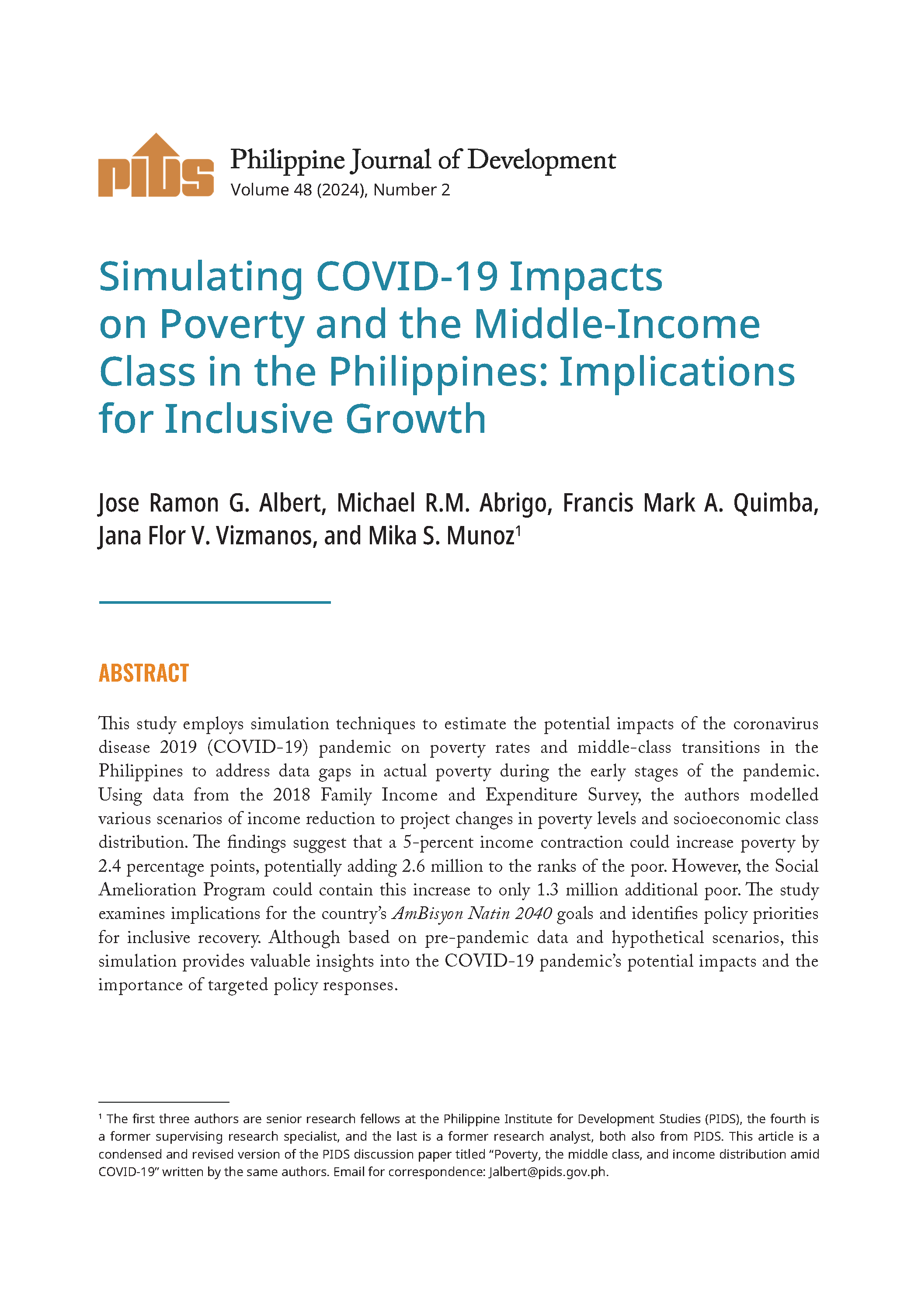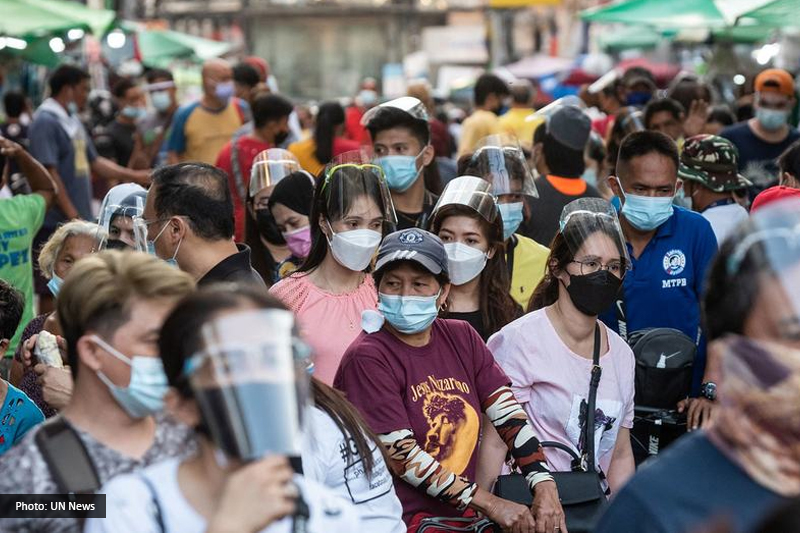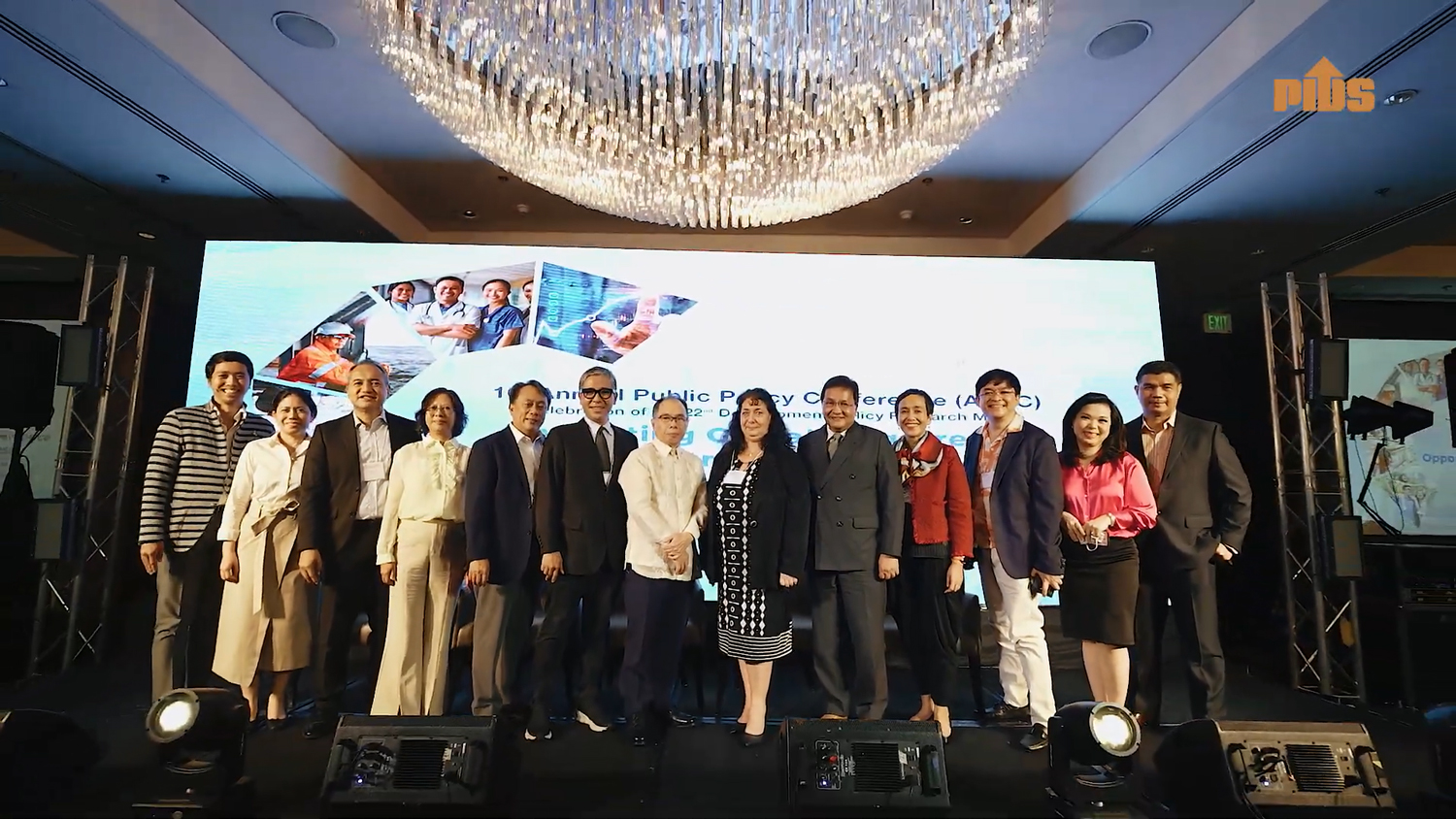At a time when Filipino families are still reeling from the effects of the Global Financial and Economic Crisis and natural calamities and bracing for yet another round of oil price increases, National Anti-Poverty Commission (NAPC) Lead Convenor Domingo F. Panganiban will address the importance of a community-based monitoring system as a tool for monitoring and mapping poverty, formulating local development plans, improving local governance and localizing the Millennium Development Goals (MDGs) at the 6th National Conference on Community-Based Monitoring System (CBMS) on December 8-10, 2009 at the Manila Diamond Hotel.
The CBMS is an organized way of collecting information at the local level for use of local government units, national government agencies, non-government organizations, and civil society for planning, program implementation and monitoring. The data collected from the community are reported to the next higher geopolitical level for immediate intervention and ultimately made available to macroeconomic planners to influence policy reforms. The CBMS was developed to address the lack of disaggregated data for planning, program formulation, policy impact assessment and poverty monitoring. At the same time, there was also a need to come up with support mechanisms for the implementation of the decentralization policy that was implemented in the early 1990s.
The CBMS is currently being implemented in 59 provinces (31 of which are implementing the CBMS province-wide) covering a total of 17,244 barangays in 667 municipalities and 41 cities all over the country.
The three-day conference will convene policymakers, program implementers and other CBMS practitioners at the local and national level to share recent developments in the implementation and use of CBMS for planning, program design and impact monitoring among others. In particular, there will be sessions on the use of CBMS for (i) Disaster Risk Management, (ii) Monitoring the Impacts of the Global Financial and Economic Crisis on Poverty, and for (iii) Monitoring Progress Towards the Millennium Development Goals at the Local Level.
Confirmed presentors include Governor Vilma Santos-Recto of Batangas, Governor Valentina Plaza of Agusan del Sur, Governor Jose Antonio Carrion of Marinduque, several mayors, city and municipal planning officers as well as members of the academe and research community.
The implementation of the CBMS in the Philippines is a joint undertaking of the PEP-CBMS Network Coordinating Team of the Angelo King Institute for Economic and Business Studies of the De La Salle University-Manila and various local government units.
The CBMS initiative is also being implemented in Africa (Benin, Burkina Faso, Ghana, Kenya, Nigeria, Tanzania and Zambia), Asia (Cambodia, Indonesia, Lao PDR, Viet Nam and the Philippines) and Latin America (Peru) in collaboration with various government, research and academic institutions. Work in these countries is being coordinated by the PEP-CBMS Network Coordinating Team with the aid of a grant from the International Development Research Centre (IDRC) of Canada and the Canadian International Development Agency (CIDA).
For more information on the event, contact the conference secretariat at (632) 526.2067.
The CBMS is an organized way of collecting information at the local level for use of local government units, national government agencies, non-government organizations, and civil society for planning, program implementation and monitoring. The data collected from the community are reported to the next higher geopolitical level for immediate intervention and ultimately made available to macroeconomic planners to influence policy reforms. The CBMS was developed to address the lack of disaggregated data for planning, program formulation, policy impact assessment and poverty monitoring. At the same time, there was also a need to come up with support mechanisms for the implementation of the decentralization policy that was implemented in the early 1990s.
The CBMS is currently being implemented in 59 provinces (31 of which are implementing the CBMS province-wide) covering a total of 17,244 barangays in 667 municipalities and 41 cities all over the country.
The three-day conference will convene policymakers, program implementers and other CBMS practitioners at the local and national level to share recent developments in the implementation and use of CBMS for planning, program design and impact monitoring among others. In particular, there will be sessions on the use of CBMS for (i) Disaster Risk Management, (ii) Monitoring the Impacts of the Global Financial and Economic Crisis on Poverty, and for (iii) Monitoring Progress Towards the Millennium Development Goals at the Local Level.
Confirmed presentors include Governor Vilma Santos-Recto of Batangas, Governor Valentina Plaza of Agusan del Sur, Governor Jose Antonio Carrion of Marinduque, several mayors, city and municipal planning officers as well as members of the academe and research community.
The implementation of the CBMS in the Philippines is a joint undertaking of the PEP-CBMS Network Coordinating Team of the Angelo King Institute for Economic and Business Studies of the De La Salle University-Manila and various local government units.
The CBMS initiative is also being implemented in Africa (Benin, Burkina Faso, Ghana, Kenya, Nigeria, Tanzania and Zambia), Asia (Cambodia, Indonesia, Lao PDR, Viet Nam and the Philippines) and Latin America (Peru) in collaboration with various government, research and academic institutions. Work in these countries is being coordinated by the PEP-CBMS Network Coordinating Team with the aid of a grant from the International Development Research Centre (IDRC) of Canada and the Canadian International Development Agency (CIDA).
For more information on the event, contact the conference secretariat at (632) 526.2067.












